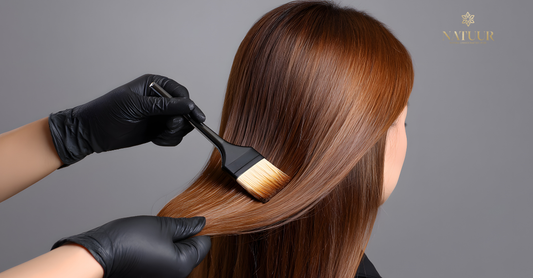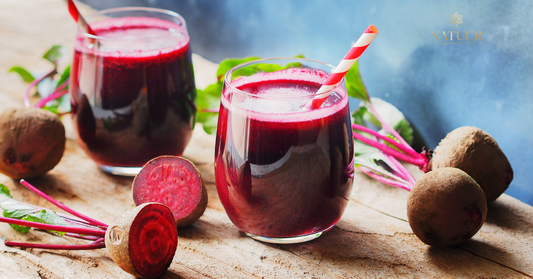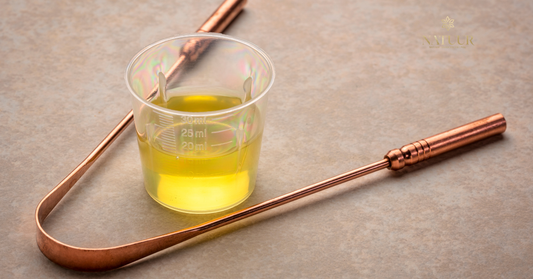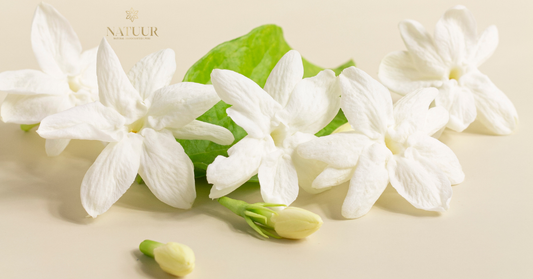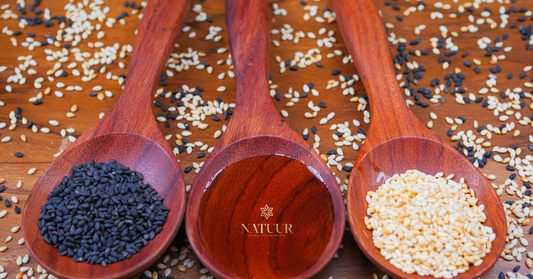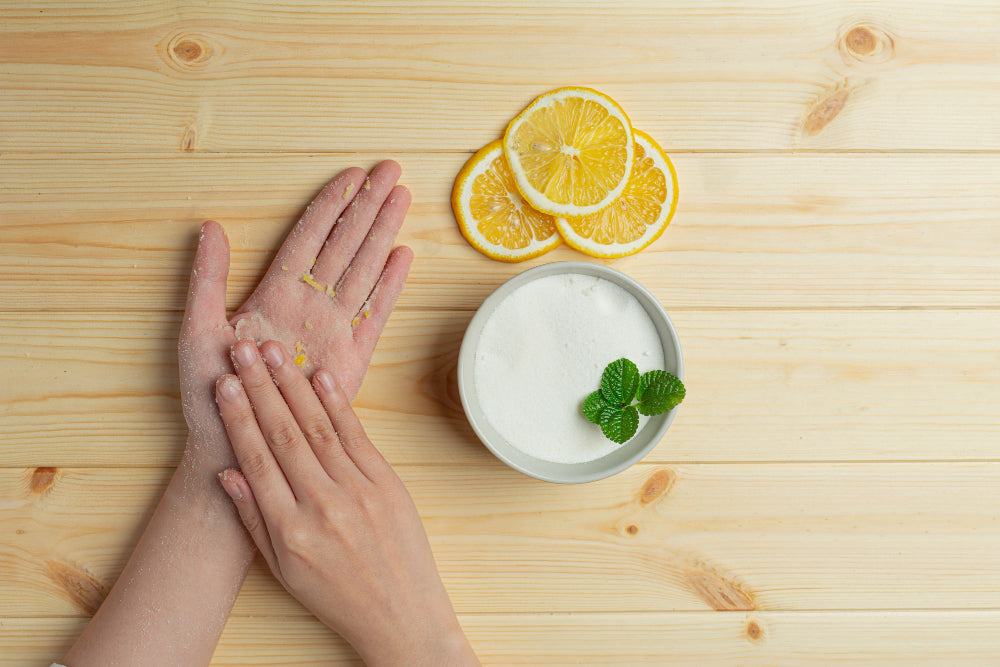
"Can natural probiotics help with skin health, and if so, which strains are most effective?"
Probiotics have been found to provide a range of benefits to our health, including improving gut health and enhancing immune system function. But can probiotics also help improve the health of our skin? The answer is yes - research has suggested that certain strains of probiotics can be beneficial for skin health.
The skin is the body's largest organ and serves as a protective barrier against the environment. However, when the skin's natural balance is disrupted, it can lead to a range of issues such as dryness, acne, and even eczema. Probiotics can help to support the skin's natural defenses and promote overall health.
One of the most well-studied strains of probiotics for skin health is Lactobacillus. This strain has been found to have anti-inflammatory properties and can help to improve the skin's barrier function. A healthy skin barrier is essential for preventing water loss and protecting against environmental stressors such as pollution and UV rays.
Another strain of probiotics that has been shown to be beneficial for skin health is Bifidobacterium. This strain has been found to reduce inflammation and promote the production of collagen, which is essential for maintaining skin elasticity and firmness.
In addition to these specific strains, a diverse range of probiotics may be beneficial for overall skin health. By supporting a healthy gut microbiome, probiotics can help to reduce inflammation throughout the body and promote overall well-being. This can translate to improved skin health, as inflammation is a common cause of skin issues such as acne and rosacea.
It's worth noting that while probiotics can provide benefits for skin health, they should not be relied on as the sole solution for skin issues. A healthy diet, regular exercise, and proper skincare are all essential for maintaining healthy skin.
So how can you incorporate probiotics into your routine for optimal skin health? One of the best ways is through consuming probiotic-rich foods such as yogurt, kefir, and sauerkraut. These foods are naturally rich in Lactobacillus and other beneficial strains of probiotics.
If you're not a fan of fermented foods or want to ensure that you're getting a consistent dose of probiotics, you may also want to consider taking a probiotic supplement. Look for supplements that contain a range of strains, including Lactobacillus and Bifidobacterium, and speak with a healthcare professional or nutritionist to determine which supplement is best suited for your individual needs.
Overall, natural probiotics can be a valuable addition to your skincare routine. By supporting a healthy gut microbiome and promoting overall well-being, probiotics can help to improve skin health and support a healthy, glowing complexion.



